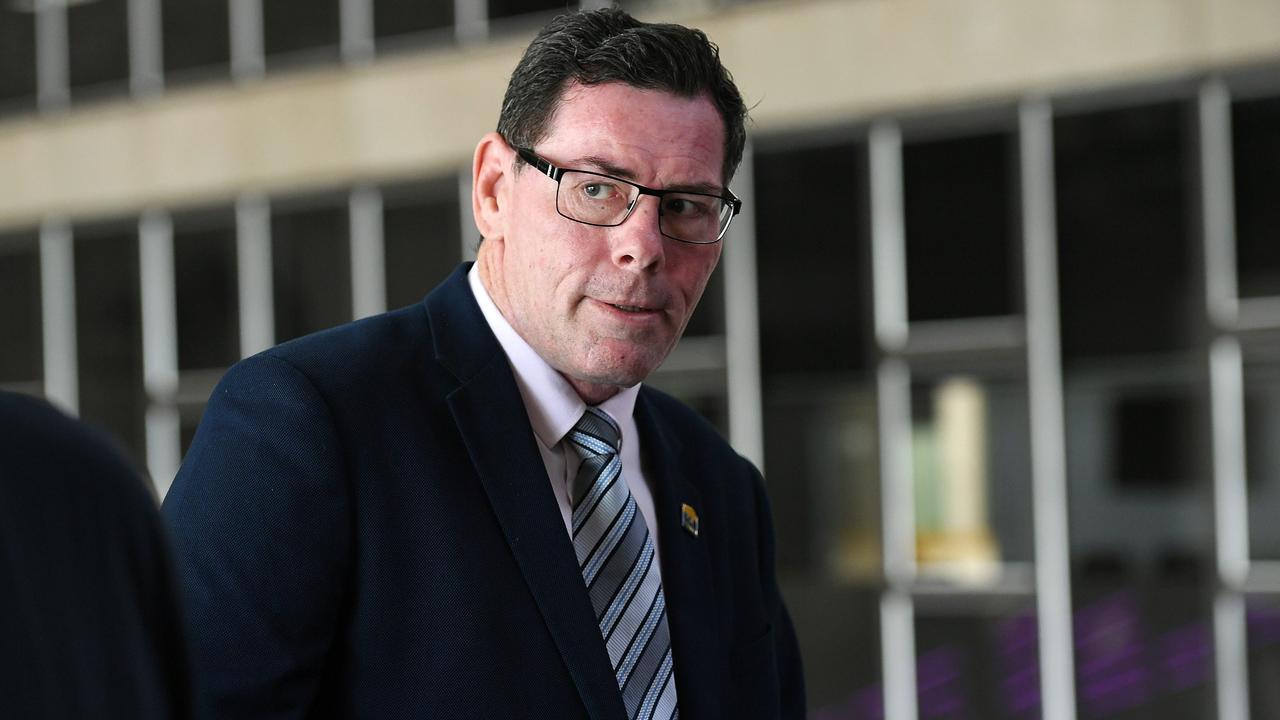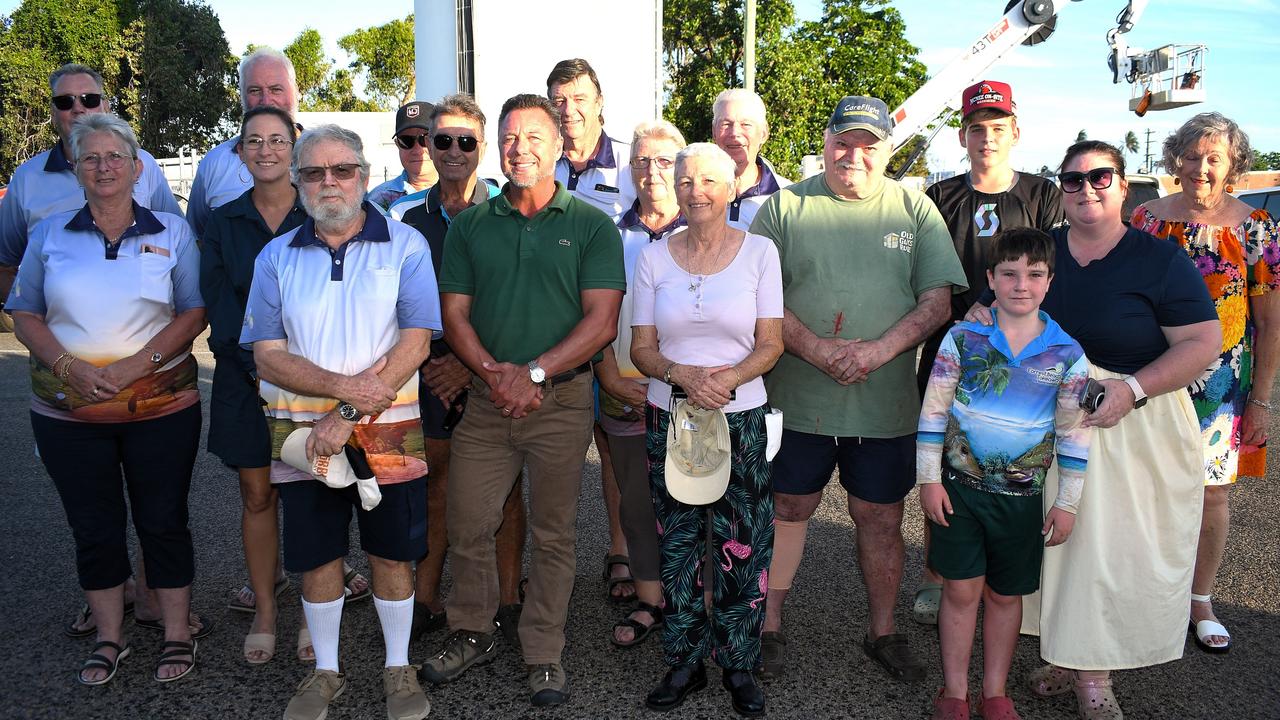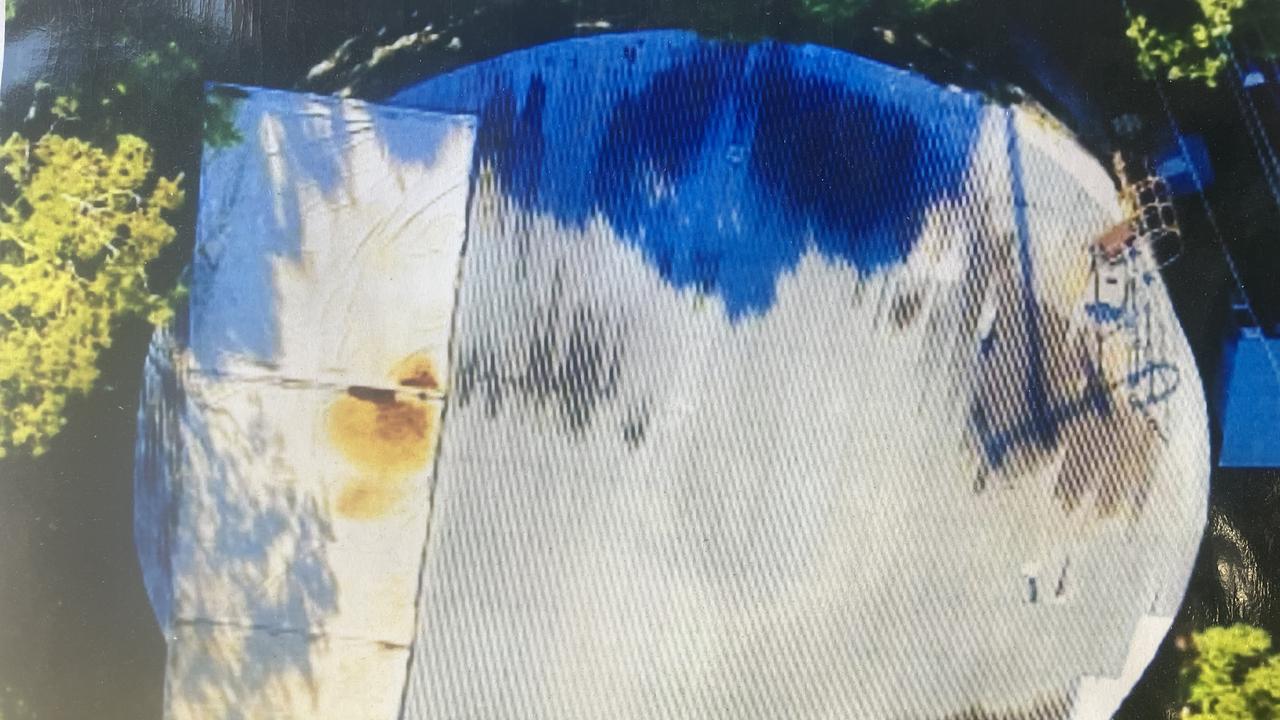Terrain NRM forest resilience project in Wet Tropics, North Queensland
More than 2000 hectares of coastal and mountainous tropical forests in North and Far North Queensland are the focus of a large restoration project.
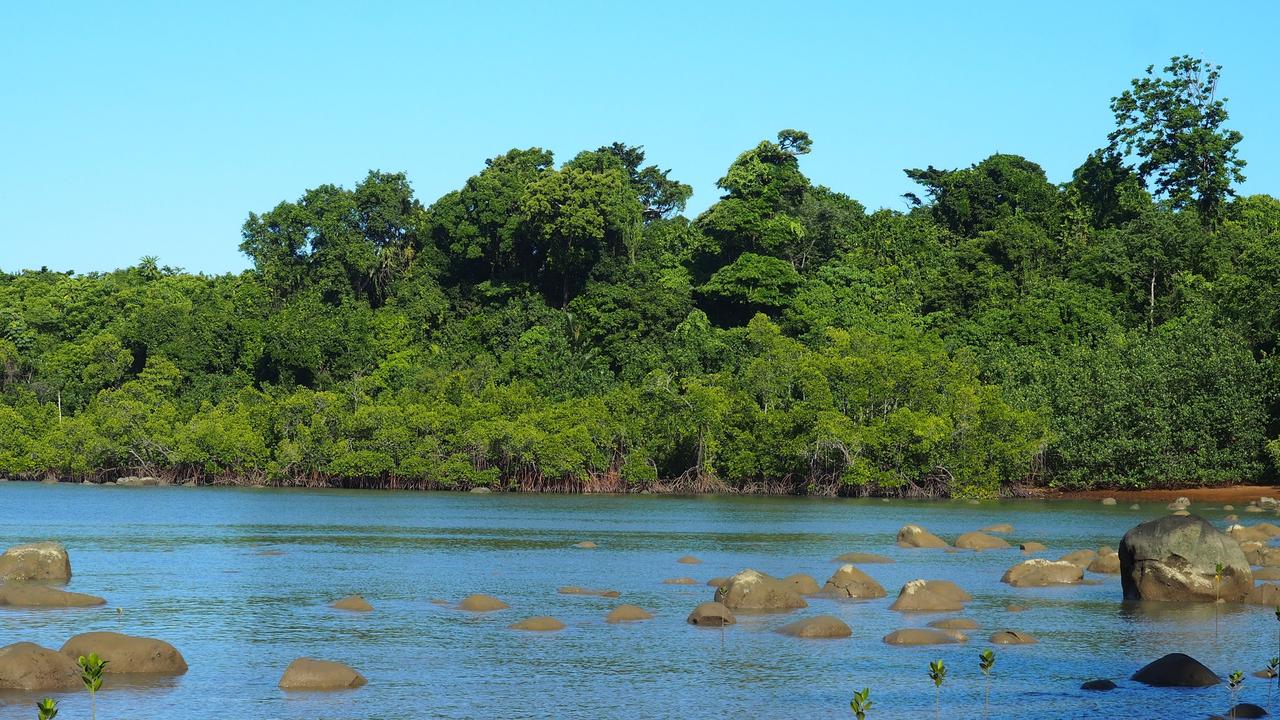
News
Don't miss out on the headlines from News. Followed categories will be added to My News.
More than 2000 hectares of coastal and mountainous tropical forests in North and Far North Queensland are the focus of a multi-million dollar restoration project.
Terrain NRM’s Tony O’Malley said it was partnering with Traditional Owners, scientists, land care and threatened species recovery groups, local, state and federal government, and other land managers as part of the $2.25 million project.
“We will be supporting work in broad leaf tea-tree woodlands between Tully and Ingham, Mabi forest on the Atherton Tablelands, in lowland rainforest and in littoral rainforest from Bloomfield to Ingham,” he said.
“All of these types of forest are listed nationally as threatened ecological communities.”
The eastern forests of Far North Queensland are one of the 20 priority places identified under the Threatened Species Action Plan 2022-2032.
It extends from Townsville to Cape Melville and inland beyond the Atherton Tablelands.
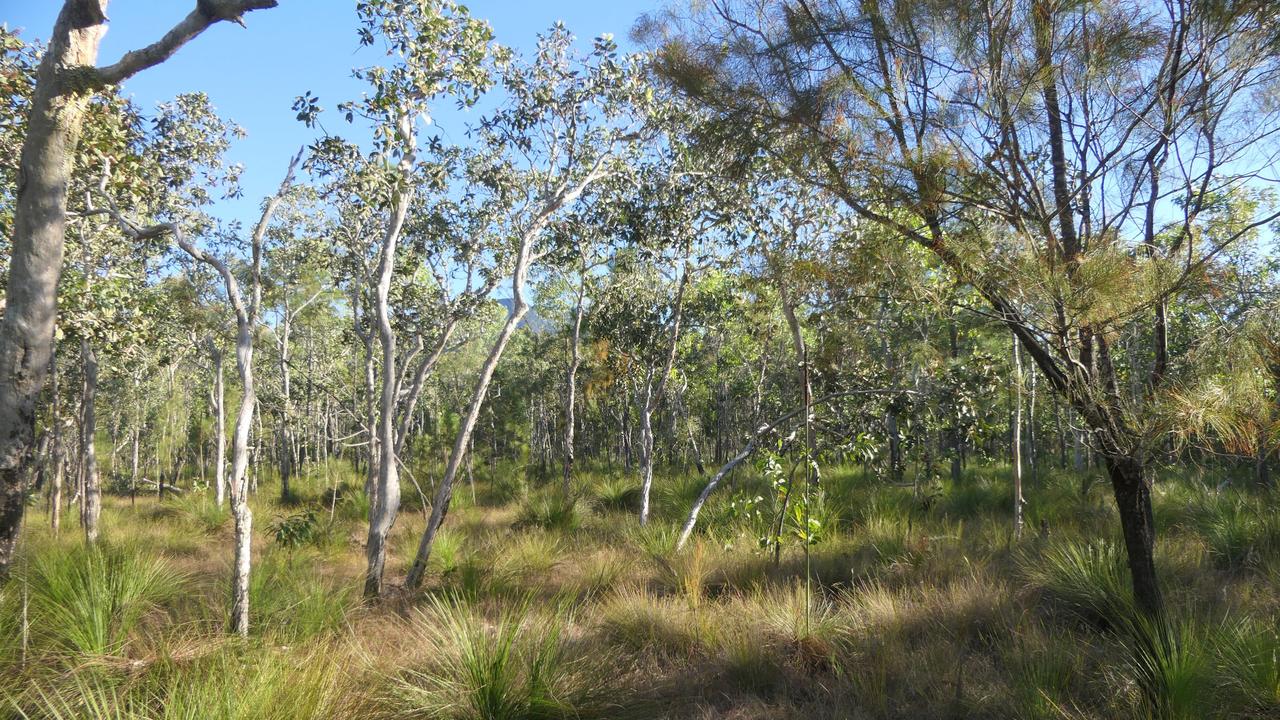
Terrain NRM said the two-year project would confront threats to forest ecosystems and include feral animal and weed control, revegetation, wildlife-friendly fencing, fire management and working with “willing landholders on voluntary conservation agreements”.
Mr O’Malley said it would also be working in tall open forest and rainforest uplands, which the scientific community had recently identified as Far North Queensland’s top two priority ecosystems.
“Our focus will be on threatened species in those ecosystems.”
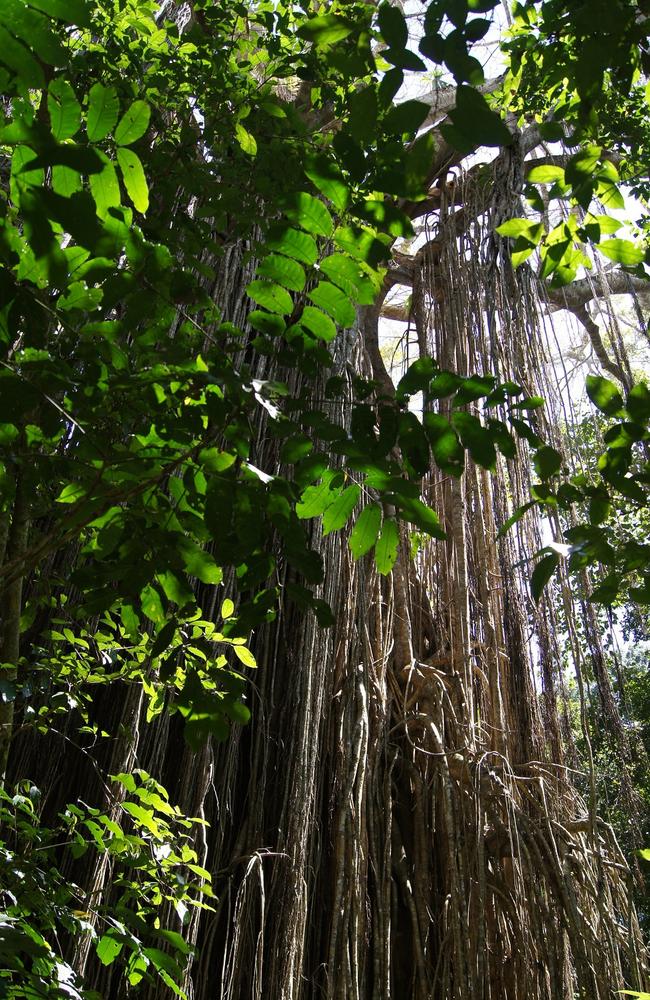
He said the program was designed to improve entire ecosystems and “increase the resilience of our forests to current and future threats, including a changing climate”.
“For example, our broad leaf tea-tree woodlands are listed as endangered and are also home to the endangered mahogany glider, to rare ground orchids and the Apollo jewel butterfly as well as many other plant and animal species,” he said.
“We won’t be just focusing on one species – we’ll be taking an entire ecosystem approach for the benefit of all the species living there.”
The Australian Government’s Saving Native Species Program is providing $224.5 million over four years to support the recovery of unique plants, animals and ecological communities.
More Coverage
Originally published as Terrain NRM forest resilience project in Wet Tropics, North Queensland



